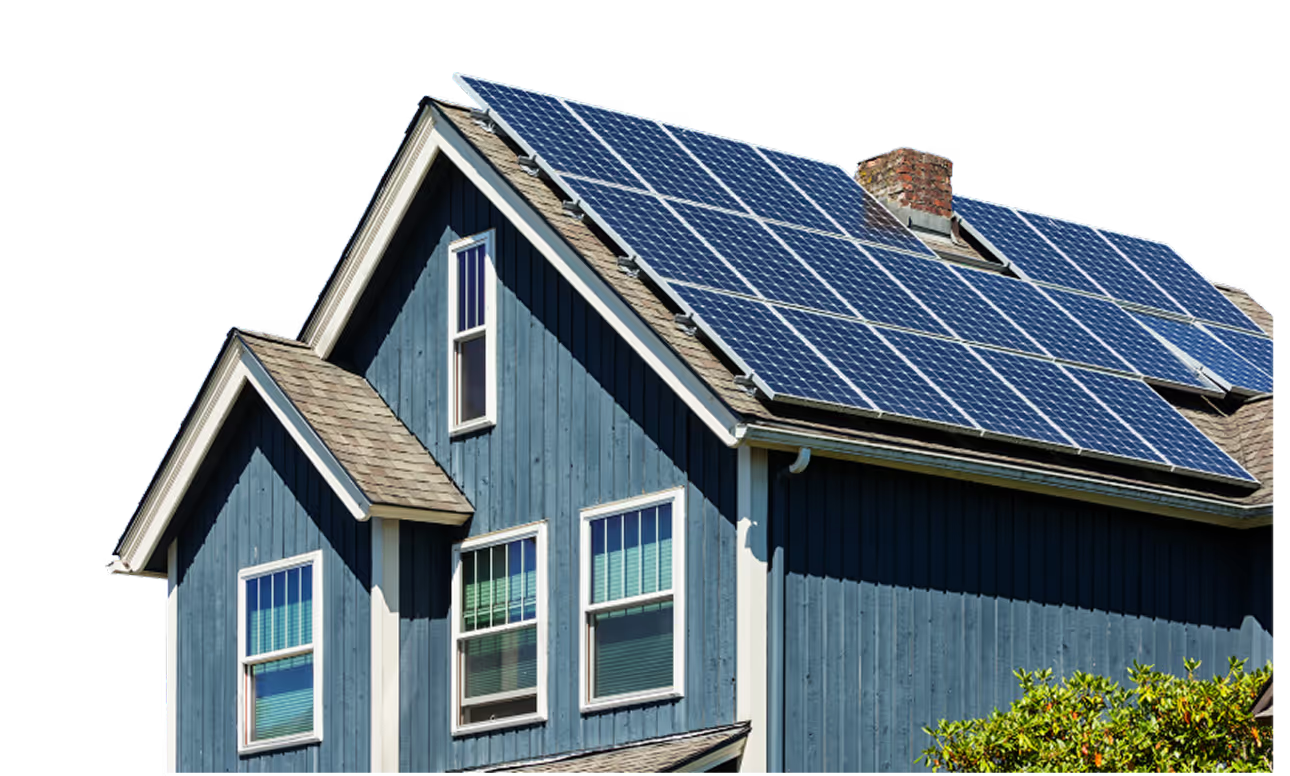
Have you ever wondered if its possible to install solar panels for condos? The short answer is yes, but there are some unique considerations and challenges to be aware of. In this article, we’ll delve into the details to help you make a more informed decision.
Obtaining Permission
Condo homeowners who wish to install solar panels for their residence must obtain approval from their estate’s Management Corporation Strata Title (MCST). Typically, this request may need to be addressed during your estate’s Annual General Meeting (AGM). It’s advisable to communicate with your MCST to clarify this process. In cases where the AGM has passed, you may need to wait a full year before obtaining the necessary permissions.
Net Metering Limitations
Condominium homeowners should also take note that net metering is not an option for them. This is due to the master-sub metering scheme in place for MCST properties. This means you cannot export or sell excess electricity to the grid.

Under the master-sub scheme, a master-metered account tracks overall electricity usage for all buildings and amenities, while sub-metered accounts measure individual unit consumption. Common services consumption is derived based on the master reading subtracted by the sub-meters reading.

To export or sell excess solar energy to the grid, it must first reach the grid. However, in the context of the image above, any surplus electricity generated by your solar panel will be directed to other units or common services before it reaches the grid. This makes net metering impossible for condominium homeowners.
Longer Payback Period
With net metering unavailable, you will naturally miss out on most of the benefits of solar.
This results in a longer payback period (~10-20 years), compared to 5 to 7 years for most landed homeowners. In simpler terms, it takes much longer to recoup your initial solar panel investment and start seeing savings on your electricity bill, as well as cash inflow from your solar panel system. But why does this happen?
For a regular solar panel property owner, this is how their energy consumption versus solar generation will typically look like:

For most solar panel owners, your household energy consumption (Area B) is usually lesser than the total solar energy generated by your system during the day. This leaves us with excess solar energy (Area A). This excess solar energy can be sold back as electricity to the grid, allowing the owner to secure extra cash flow from their solar panels, thereby contributing to a shorter payback period.
However, for a condo homeowner, this means that 50% of solar energy generation (the entire Area A) is lost savings.
The Silver Lining
Does this mean that if you fall under this category, you should rule out installing solar panels? While it’s true that condo homeowners face limitations, there are cases where installing solar panels can yield a strong financial return:
1. Roof Size
A larger roof area, typically exceeding 40 square meters, facilitates easier solar panel installation and reduces unit installation costs. As labor costs often constitute around 50% of the system expenses, a larger system translates into more significant cost savings per unit.
2. Energy Consumption
If your household already has high daytime electricity consumption, it can still be advantageous to invest in solar panels. Although you can’t monetize excess solar electricity, the energy generated by the panels can offset your daytime energy consumption, minimizing the loss of potential electricity savings.
3. Solar Batteries
For condo owners with lower daytime energy consumption, there is an alternative to net metering. You can store the excess solar energy generated during the day and utilize it to offset your nighttime energy usage.
However, it’s important to note that the cost of solar batteries remains relatively high at this juncture. Typically, incorporating solar batteries adds an additional 40-60% to your overall system costs. For more in-depth insights into solar batteries and energy storage for solar panels for condos, explore our dedicated article here.
Our Recommendation
While condominium homeowners do have the option to install solar panels, the financial benefits may not be as substantial due to the inability to sell excess electricity to the grid. Consequently, the breakeven period for such installations typically extends to at least 10 years or more.
However, there are scenarios in which investing in solar panels for condos can still be worthwhile. If your energy consumption is already high, your roof offers ample space, and its material and solar batteries are within your budget, a solar system could merit consideration.
Should you wish to install a solar system, do remember to get approval from your estate’s MCST first before continuing. In the meantime, you can also get an instant solar estimate via our online simulator to get a better understanding of your solar potential and cost savings. You can also read our guide to learn how do solar panels work to power your home!

Rent-to-Own Solar for Business with Guaranteed Performance
Immediate ROI




Rent-to-Own Solar. $0 Upfront cost. Guaranteed Savings
(10-Year RTO plan)
+ 10-Year Free Maintenance





.png)

%20How%20Singapore%20Green%20Plan%202030%20supports%20solar%20adoptions.png)



